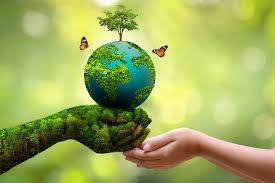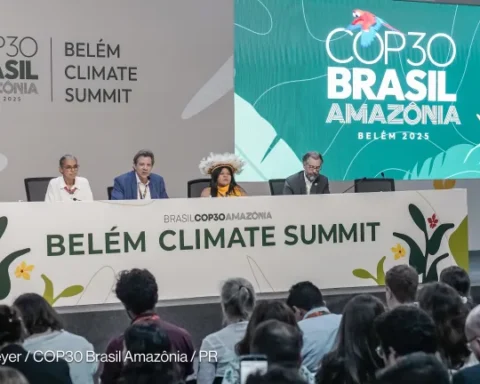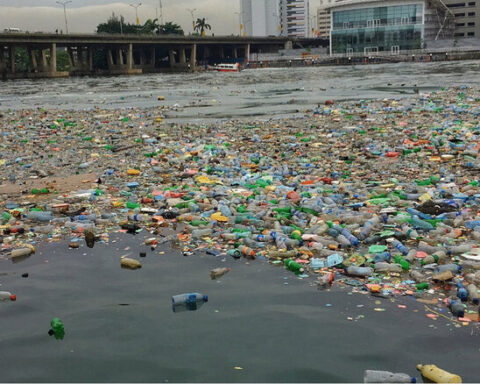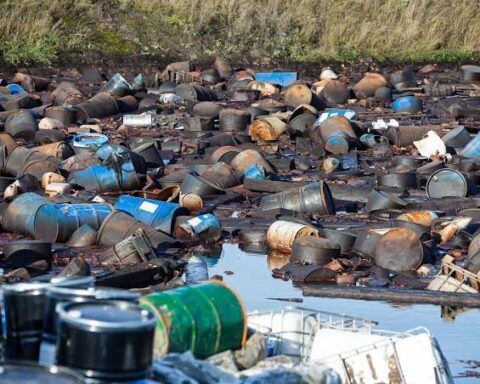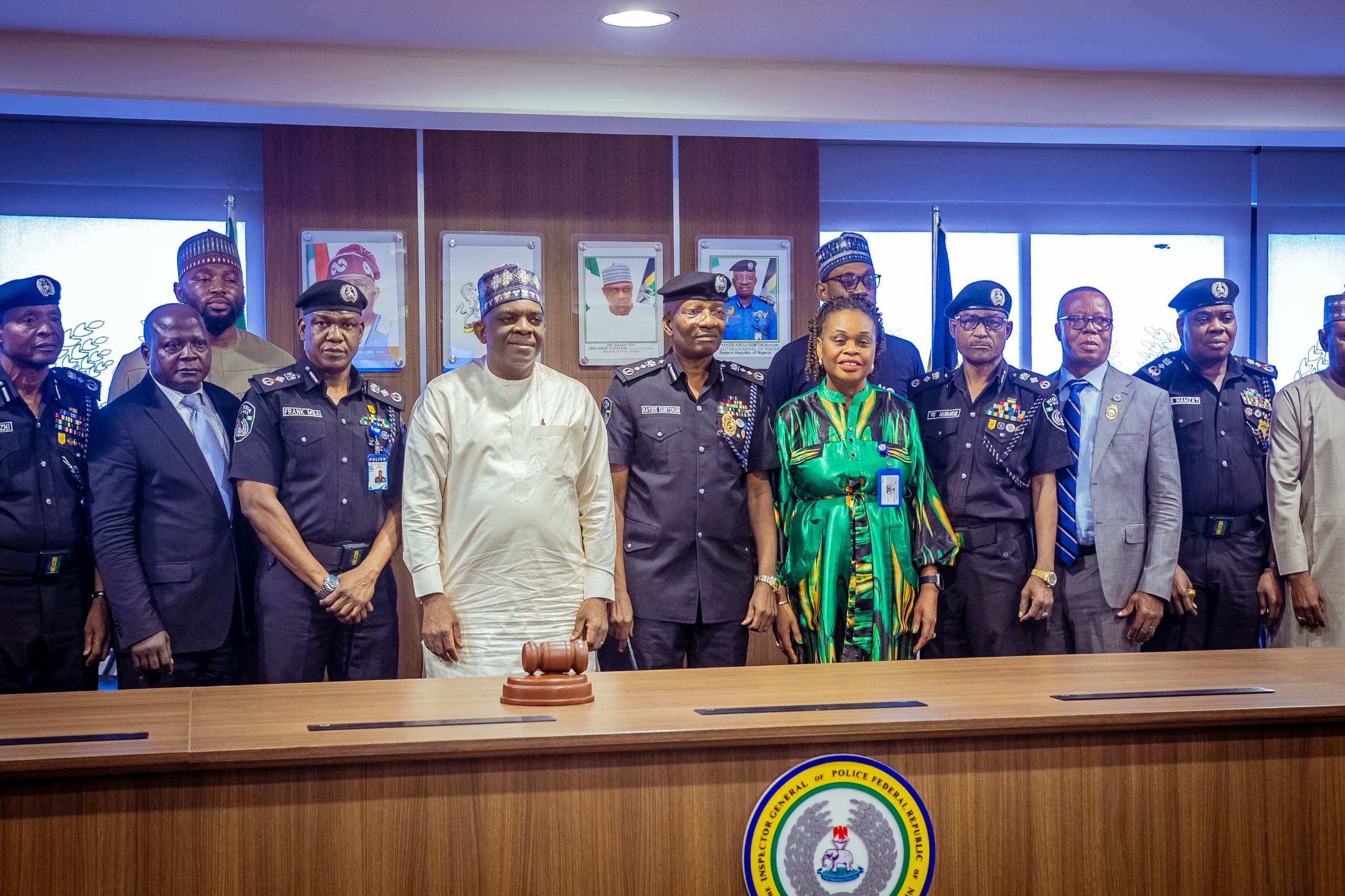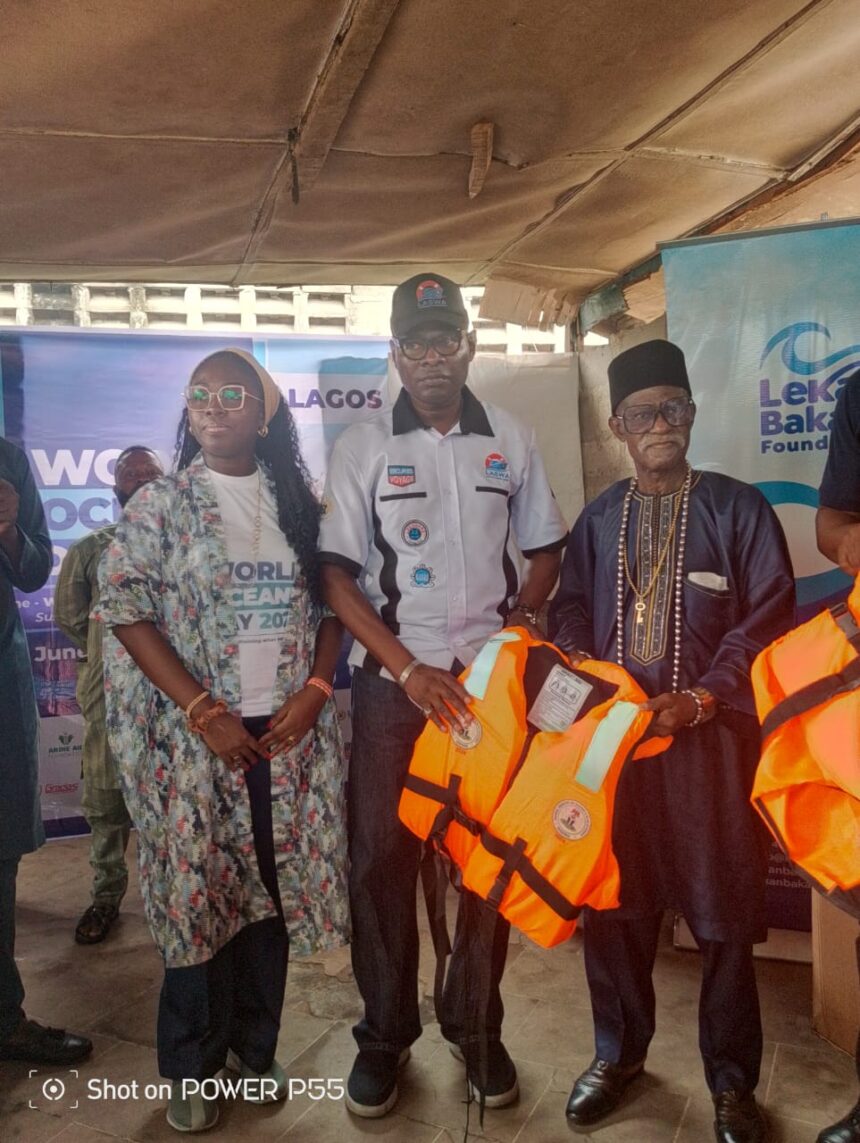As the world marked World Environment Day 2025 on June 5 under the theme #BeatPlasticPollution, governments, businesses, civil society groups, and citizens mobilised across continents, calling for urgent and collective action to end plastic waste. The official global celebration held in Jeju Province, Republic of Korea, spotlighted the growing health, ecological, and economic crisis that plastic pollution presents.
The campaign arrives just two months before nations reconvene for the next round of negotiations on a legally binding Global Plastics Treaty, a process with deep implications for Nigeria and the rest of the Global South, where weak waste infrastructure, importation of plastic products, and climate-linked vulnerabilities make countries especially susceptible to plastic-related pollution.
Plastic in our blood and breath
From plastic particles detected in breastmilk and human brains to waste clogging rivers and contaminating crops, plastic pollution is now deeply embedded in every ecosystem and corner of human life. In his message, UN Secretary-General António Guterres said the world is seeing progress – from public awareness to policies and innovations, but that “we must go further, faster.”
“Plastic waste clogs rivers, pollutes the ocean, and endangers wildlife,” he said. “As it breaks down, it infiltrates every corner of Earth from the top of Mount Everest to the depths of the ocean; from human brains to breastmilk.”
Jeju’s anti-plastic campaign aims to eliminate single-use plastics by 2040, a bold model for developing countries, including Nigeria, where policy implementation is often slowed by poor enforcement and economic hardship.
UNEP: Circular economy, not just recycling
At the celebration in Korea, UNEP Executive Director Inger Andersen stressed that recycling alone won’t end the crisis. “Only by tackling the full life cycle of plastics and adopting circular approaches can we truly beat plastic pollution,” she said. Circularity means designing, using, and reusing plastics in a way that eliminates waste from the outset.
Nigeria, Africa’s most populous country, remains at a critical juncture. While Lagos and other state governments have launched cleanup efforts and public education campaigns, single-use plastics remain a staple across markets and homes due to cost, convenience, and lack of alternatives.
Global action, local relevance
Around the world, actions spoke louder than words. Mexico launched a National Strategy for Beach and Coast Cleanup, while airports from Baghdad to Beijing aired public messages on plastic awareness. Geneva’s Jet d’Eau and city landmarks in Belgium glowed green. In India, youth showcased community-led wins through UNEP’s Tide Turners Plastic Challenge, now present in over 60 countries.
In Chicago, a striking mural titled Stand Tall was unveiled on the Prudential Building as part of the #EcosystemRestorationMurals series, backed by UNEP and FAO. Meanwhile, over 2,500 events globally drove the message home, with hashtags #WorldEnvironmentDay and #BeatPlasticPollution trending worldwide.
Leaders from across the globe joined the call, including Indian Prime Minister Narendra Modi, UAE President Sheikh Mohamed bin Zayed, and UNEP Goodwill Ambassadors Jason Momoa and Dia Mirza.
Why Nigeria must act
Nigeria is among the top plastic polluters in Africa. According to the UN, over 2.5 million tonnes of plastic waste are generated in the country annually, with only a fraction recycled. From drainage-blocking sachet water bags to microplastics in fish consumed along the Atlantic coastline, the consequences are already here.
Yet, Nigeria was not visibly part of this year’s high-level commemorations, a missed opportunity to showcase local innovations and push for stronger global support as negotiations on the plastics treaty advance.
Former UN Secretary-General Ban Ki-moon summarised the call to action best: “World Environment Day on June 5 should be a turning point for governments, civil society, companies, the scientific community, and the future generation to take action together.”
As the world inches closer to a plastics treaty, Nigeria must decide whether to lead or lag in what could be the defining environmental agreement of this generation.
By Dare Akogun


